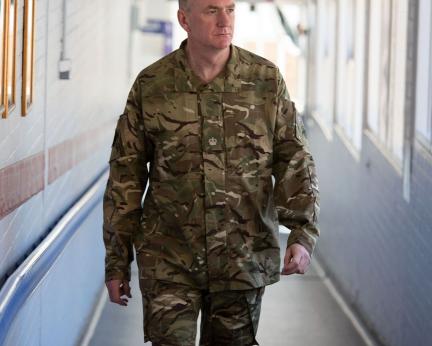Being a reservist has so many benefits and I firmly believe they are fantastic value for money for the NHS. The Ministry of Defence provides lots of training courses at least as good as anything in the NHS, as you get a great breadth of learning from the different people who attend, lots of whom you wouldn't get to work with in your NHS role. And, because the military has different treatment protocols, you develop different skills and a more questioning attitude that you can bring back to your day job. The military has very clear accountability, so that's also useful to bring back to the NHS; it helps you to be clear about what you can expect from your staff.
Having a busy NHS job and reservist life has definitely forced me to manage my time better. If I have two weeks off for reservist work, I more than make up for it by being more efficient in my NHS role. The challenge for both the NHS and the military is that there are only so many hours in the day, so you have to split your time accordingly. Any challenges are largely down to time, so you have to be disciplined, organised and assertive to make sure that both parties benefit and that the beneficial relationship is maintained. It might be that sometimes you can't do your army work and vice versa, except obviously if you're actually mobilised.





